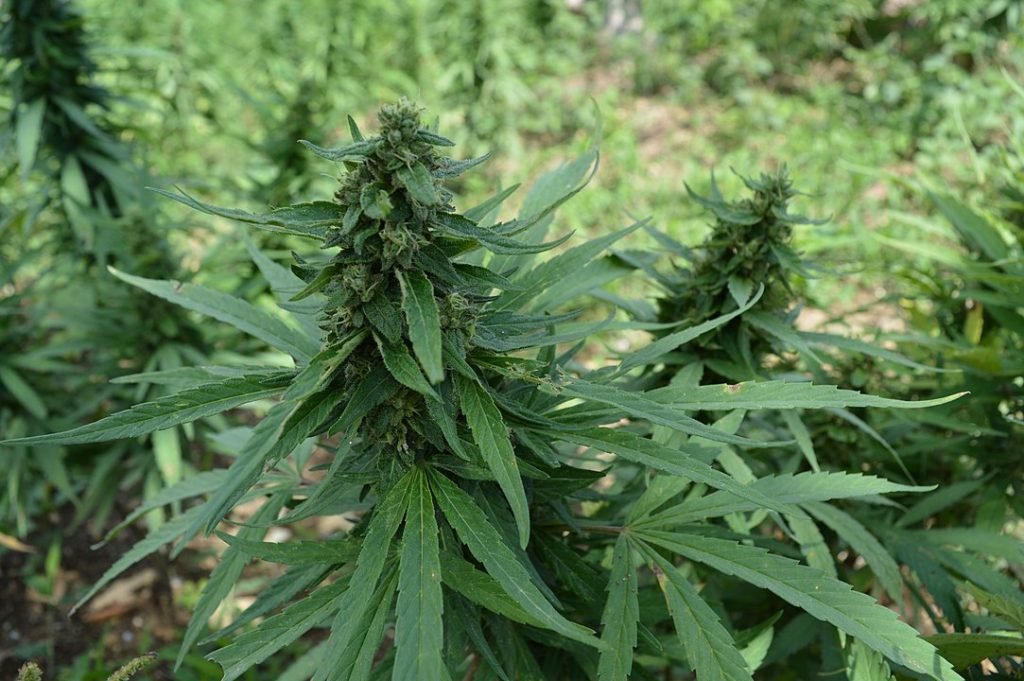Maine Explores On-Site Cannabis Consumption: A Leap Towards Inclusivity and Normalization
LOS ANGELES-Amid the serene backdrop of its pine-clad hills, Maine finds itself at the forefront of a significant legislative debate—one that could redefine the cannabis industry within its borders and potentially set a precedent for the nation. Lawmakers in the Pine Tree State are currently deliberating on a proposal that could introduce on-site cannabis consumption spaces, akin to social clubs, a concept gaining traction across the United States as the cannabis legalization movement expands.
This initiative, part of a broader movement for inclusivity and normalization in the American cannabis conversation, seeks to establish a safe and accessible environment for cannabis consumption. Drawing parallels with the emergence of brewpubs during the craft beer boom, Maine’s proposal aims to create a controlled setting that encourages responsible use while providing an educational experience for consumers.
States like Massachusetts, New York, and Maryland have already incorporated on-site cannabis consumption into their regulatory frameworks, serving as both examples and pioneers in challenging the status quo. Maine’s consideration of such policies underscores the importance of learning from these neighboring experiences to navigate its legislative path effectively.
The proposed bill, LD 1952, sponsored by Rep. David Boyer, outlines the creation of a legal framework for cannabis hospitality establishments. These venues would require a “cannabis hospitality establishment license” to operate, ensuring a regulated environment for adult consumers. The bill emphasizes safety, mandating employee training to manage impairment, mirroring protocols in establishments that serve alcohol.
Critics of the bill, however, raise concerns regarding impaired driving and public health. The absence of technology for immediate testing of cannabis-induced impairment remains a significant hurdle, with skeptics questioning how law enforcement will manage potential increases in impaired driving. Additionally, concerns about air quality and the risk of overconsumption within these establishments highlight the challenges of balancing public health with personal liberty.
The conversation around on-site consumption in Maine extends beyond legislative debates to touch on broader societal themes. Proponents argue that cannabis clubs could play a similar role to bars and pubs in fostering social connections, suggesting a future where cannabis is woven into the fabric of community life. This vision aligns with the need to provide legal consumption spaces for those without private accommodations, such as renters and tourists, addressing a critical gap in current legalization frameworks.
As Maine deliberates on LD 1952, the state’s approach reflects a broader dialogue on cannabis regulation and societal acceptance. This legislative effort is not just about facilitating a place for consumption; it’s about integrating cannabis into everyday life responsibly and educationally. Maine’s journey through this legislative process is emblematic of the evolving relationship between society and cannabis, highlighting the complexities and opportunities that come with broader legalization efforts.
Maine’s exploration of on-site cannabis consumption is a microcosm of the national conversation on cannabis policy. As the state navigates these legislative waters, it contributes to a larger narrative of inclusion, normalization, and responsible consumption. Whether LD 1952 passes or not, the discussions it has sparked are indicative of a shifting paradigm in cannabis legislation—one that prioritizes safe access, community engagement, and an acknowledgment of cannabis’s role in modern society.




































